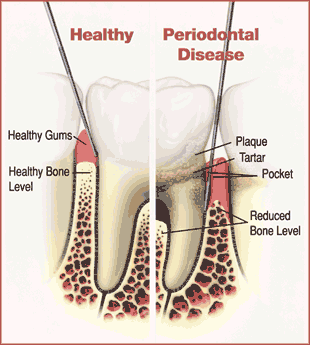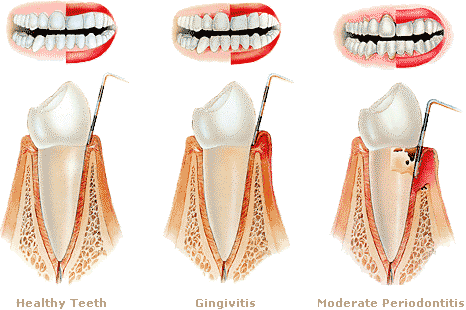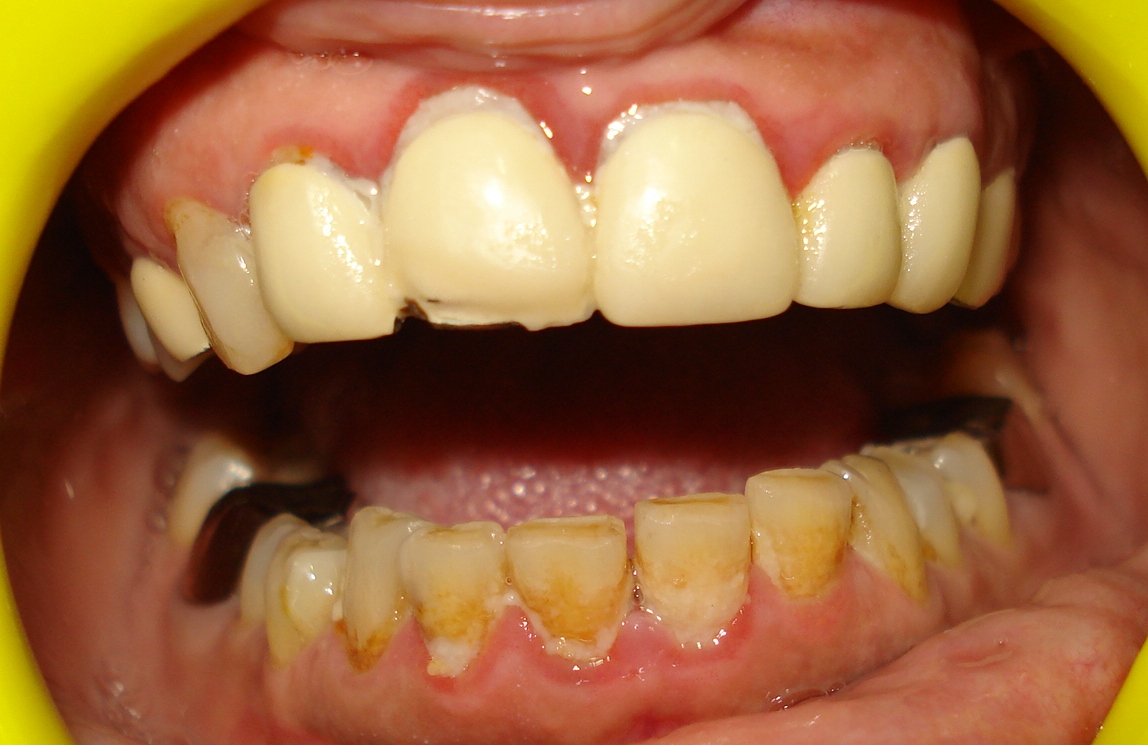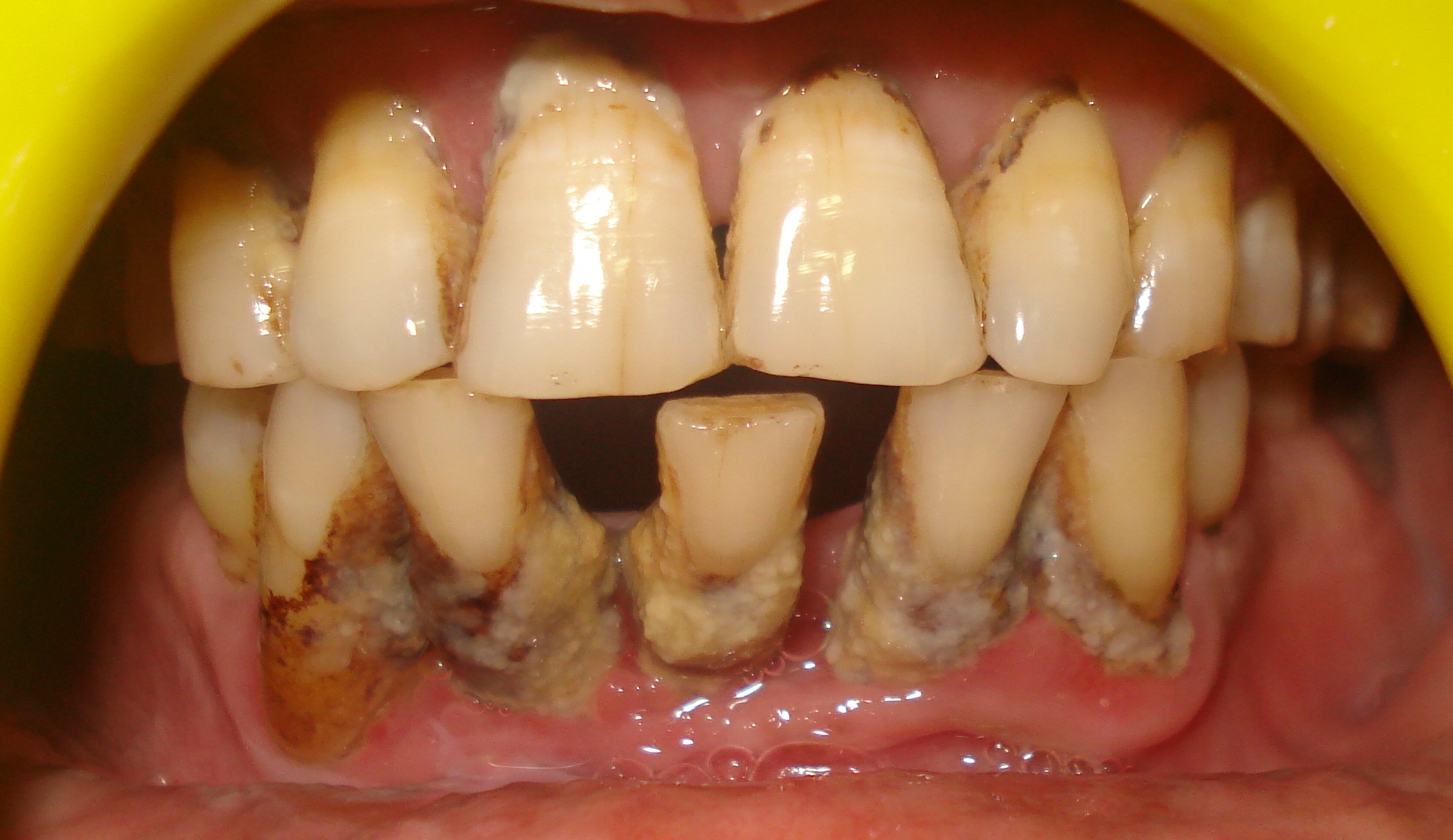- 9AM - 9PM Monday To Saturday 10AM - 2PM Priori Appointment’s
- Call Now +91 90010 20126
Pyorrhoea is a term used commonly for the disease of the gums in the oral cavity. It basically affects the very foundation for the existence of a tooth in the mouth.

A Root canal treatment in Rajsamand is a treatment of saving a tooth from the damage caused by dental decay or infection, trauma or fracture of a tooth due to an injury. It allows the natural tooth to be retained for its healthy function and esthetics and prevents the removal of a tooth and resulting problems of teethlessness.

Pyorrhoea is a term used commonly for the disease of the gums in the oral cavity. It basically affects the very foundation for the existence of a tooth in the mouth.
There are three main types of gum disease: gingivitis, periodontitis and acute necrotising ulcerative gingivitis (ANUG).
If you have gingivitis, your gums become irritated by plaque, which is a solidified mixture of food, bacteria and bacterial waste products that can build up on your teeth after you eat. If you don’t clean plaque off your teeth regularly, your gums will become red, swollen and shiny, and they may bleed. This is the early stage of gum disease and is totally reversible. If you remove the plaque, your gums will recover. But if you don’t clean the plaque off your teeth, the gingivitis may develop into periodontitis.

If you don’t get treatment for gingivitis, your gums may begin to pull away from your teeth, leaving small pockets. These pockets trap plaque that you can't reach with a toothbrush. Over time, the plaque will harden to become tartar (calculus). Plaque and tartar build-up can cause further irritation to gums, which may gradually spread to the bone structures around your teeth. As time goes on, the pockets can get deeper and more difficult to clean, and your gums and bone may shrink. This is called periodontitis
If your gums shrink, they can expose some of the roots of your teeth, leading to sensitivity. And if you have bone loss, your teeth may become loose. If you don’t get treatment for a number of years, your teeth may fall out, or need to be taken out by a dentist.
It's rarely possible to make the bone structures grow back, so periodontal pockets aren’t generally reversible. However, if you receive the appropriate treatment and make sure you floss and brush your teeth well, the progress of the disease can be stopped.
